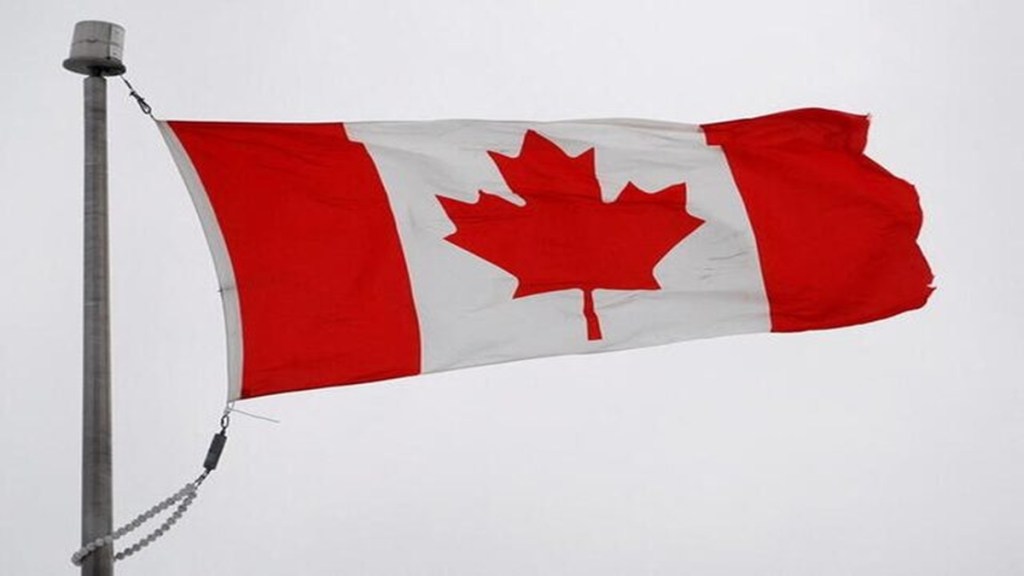Indians staying in Canada, wanting to bring their parents and grandparents to stay with them, can sponsor them for the Parents and Grandparents visa, also called the Super Visa. In 2025, Canada intends to accept up to 10,000 complete applications for sponsorship under the Parents and Grandparents Program.
The Parents and Grandparents Program (PGP) allows Canadian citizens and permanent residents to sponsor their parents and grandparents for permanent residence. Sponsors must be at least 18, meet an income threshold, and sign an undertaking to support their parents and grandparents.
Immigrants who have obtained Canadian citizenship can sponsor their parents and grandparents to reside and work in the nation. Immigration, Refugees and Citizenship Canada (IRCC)’s Parents and Grandparents Program (PGP) allows individuals to sponsor their parents and grandparents to become permanent residents of Canada.
As of February 5, 2025, processing times for PGP Program applications were approximately 24 months for those destined outside Quebec. They are 48 months for Quebec-destined applicants due to the province’s more limited family class admission targets.
For those interested in reuniting with their parents and grandparents for extended periods of time, the super visa remains available. This allows parents and grandparents to visit their children or grandchildren for 5 years at a time and provides multiple entries to Canada for up to 10 years. IRCC recently made the super visa more accessible by implementing a change to the health insurance requirement.
The Super Visa is a multiple-entry temporary resident visa (TRV), issued with a validity of up to 10 years. The period of authorized stay is 5 years for each entry. An applicant is eligible for a Super Visa if they apply from outside Canada, and meet the requirements for temporary residence in Canada as a visitor.
The Super Visa is a multiple-entry temporary resident visa (TRV), issued with a validity of up to 10 years. The period of authorized stay is 5 years for each entry. An applicant is eligible for a Super Visa if they apply from outside Canada, and meet the requirements for temporary residence in Canada as a visitor.
A Super Visa application may include a host child or grandchild who is a registered Indian. In such cases, officers should process the Super Visa application as usual and should not require additional proof of Canadian citizenship or permanent residence in Canada from the host; the Certificate of Indian Status is the only proof required to prove that the host is a person registered under the Indian Act. Once all the requirements for a Super Visa are met, officers should issue a Super Visa, which allows for a stay of 5 years for each authorized entry.
The parents or grandparents must provide satisfactory evidence that they have valid health insurance from a Canadian insurance company or an insurance company outside Canada that is approved by the Minister of Immigration, Refugees and Citizenship.
There are specific requirements for a super visa, including the need for health insurance. You must meet all the criteria to be eligible.
If you want to stay for 6 months or less, apply for a visitor visa.
As a super visa holder, you need to renew or maintain your health insurance while in Canada and on re-entry make sure your passport is valid while you’re in Canada
The super visa is a multiple-entry visa that allows parents and grandparents of Canadian citizens and permanent residents to visit their family in Canada for longer periods: five years per visit, with the option to extend their stay while in Canada.
Super visa applicants must prove they have a minimum level of private health coverage to be granted a super visa, as they are not eligible for provincial or territorial health care plans. Previously, proof of health insurance could only be from Canadian health insurance providers.
As of today, Immigration, Refugees and Citizenship Canada (IRCC) is allowing super visa applicants to purchase a private health insurance policy from companies outside Canada.
Super visa holders should have a valid health insurance policy for the duration of their stay in Canada. If coverage expires before they leave Canada, super visa holders may need to renew their health insurance during their stay. Private health insurance must be valid for each entry to Canada.
